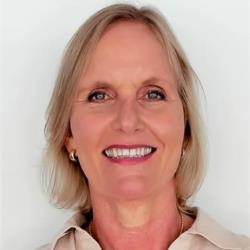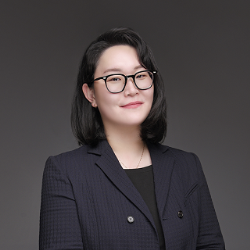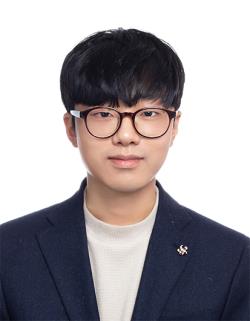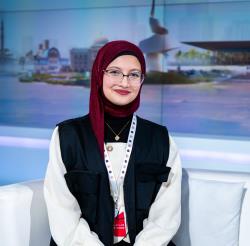EQUALS Research Report 2025: Launch & The Path Forward
EQUALS, KAIST, ITU, Research ICT Africa, NIC.br
Session 259
From Data to Action, Building a Gender-Inclusive Digital Future
EQUALS: From Data to Action, Building a Gender-Inclusive Digital Future” is a high-level session organized under the WSIS+20 framework to mark a new phase in the EQUALS Global Partnership: EQUALS 2.0. Founded by ITU, UN Women, UN University, ITC, and GSMA, EQUALS has united over 100 partners worldwide in the fight to close the gender digital divide through access, skills, leadership, and research.
As digital transformation accelerates, persistent gender inequalities in connectivity, digital literacy, participation, and leadership remain critical challenges. This session highlights how EQUALS is evolving to meet these challenges with a renewed vision, inclusive governance, and a stronger focus on evidence-based, impact-driven collaboration.
Two major initiatives will be featured: the launch of the EQUALS Research Report 2025 'Advancing Gender Empowerment in the Digital Age', providing new global insights into gender and digital transformation, and the Her Digital Skills badge programme, a youth-focused capacity-building initiative equipping girls and young women with foundational digital skills for education, employment, and empowerment.
By convening high-level stakeholders from government, UN agencies, civil society, academia, and the private sector, the session aims to reaffirm global commitment to gender-inclusive digital development. It also provides a platform for exchange, learning, and collective action to ensure no one is left behind in the digital age.
Looking toward WSIS beyond 2025, the session presents a vision where data, partnerships, and inclusive tools empower women and girls to thrive in an equitable, connected future.








-
 C1. The role of governments and all stakeholders in the promotion of ICTs for development
C1. The role of governments and all stakeholders in the promotion of ICTs for development
-
 C3. Access to information and knowledge
C3. Access to information and knowledge
-
 C6. Enabling environment
C6. Enabling environment
-
 C11. International and regional cooperation
C11. International and regional cooperation
C1 (The role of governments and all stakeholders in the promotion of ICTs for development): The session brings together ITU, governments, academia, civil society, and the private sector to reaffirm their collective commitment to digital gender equality, reflecting the essence of multi-stakeholder collaboration.
C4 (Capacity building): Through the introduction of the Her Digital Skills badge programme, the session promotes the development of digital skills for young women and girls, fostering lifelong learning and empowerment through ICT.
C7 (ICT Applications – E-learning): The badge programme and the EQUALS research insights directly support educational applications of ICT that promote gender-inclusive learning.
C11 (International and regional cooperation): EQUALS exemplifies coordinated global efforts through a partnership of over 100 entities working to close the digital gender divide worldwide.
-
 Goal 4: Ensure inclusive and equitable quality education and promote lifelong learning opportunities for all
Goal 4: Ensure inclusive and equitable quality education and promote lifelong learning opportunities for all
-
 Goal 5: Achieve gender equality and empower all women and girls
Goal 5: Achieve gender equality and empower all women and girls
-
 Goal 10: Reduce inequality within and among countries
Goal 10: Reduce inequality within and among countries
SDG 4 (Quality Education): The Her Digital Skills programme targets young women and girls globally, promoting inclusive and equitable digital learning opportunities.
SDG 5 (Gender Equality): The core mission of EQUALS is to close the digital gender gap, addressing barriers in access, skills, leadership, and representation.
SDG 8 (Decent Work and Economic Growth): By equipping girls and women with digital competencies, EQUALS contributes to increased access to digital jobs and economic empowerment.
SDG 10 (Reduced Inequalities): The research presented highlights disparities across regions and populations, and the session promotes targeted action to reduce digital inequalities globally.
https://www.equalsintech.org/